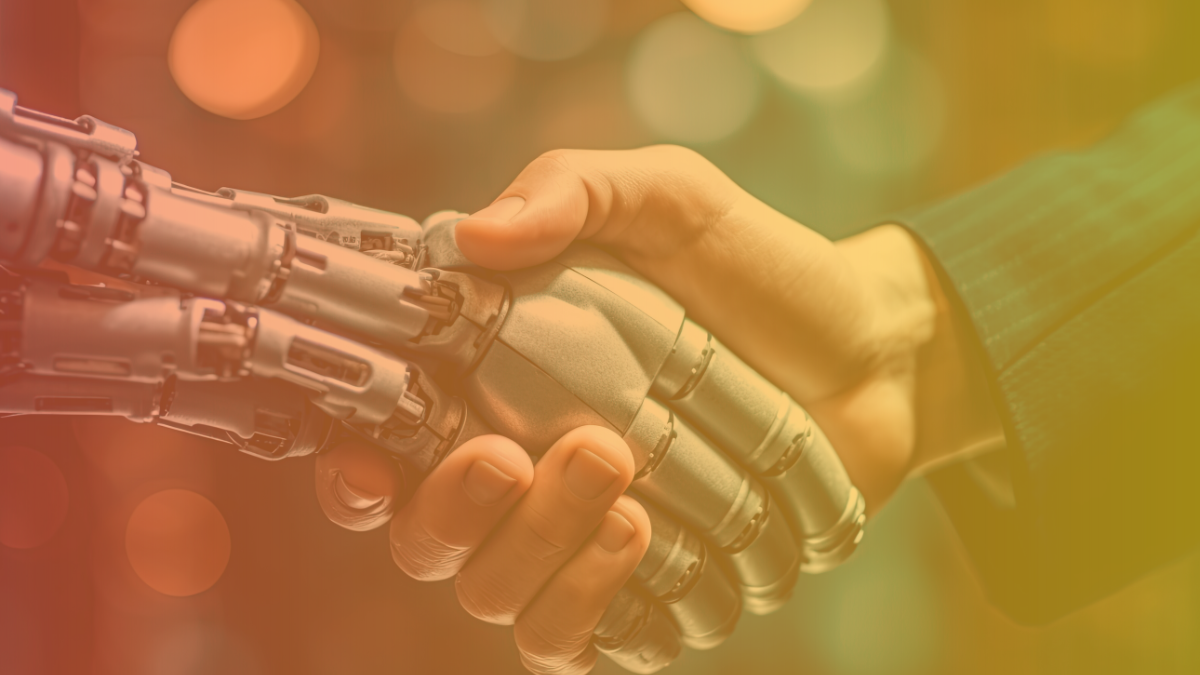Our #AIOctober journey began with the foundational algorithms of Machine Learning (ML), leading us to traditional AI’s expansive possibilities. This technology, rooted in learning from past data, operates like a digital assistant. It identifies and learns from patterns in existing data to make informed decisions and predictions. It’s like having a keen intern, constantly referencing past experiences to guide future actions.
But as we progress in our AI voyage, a new frontier is emerging: GenAI. Unlike its predecessor, GenAI doesn’t just learn – it invents. Think of it as an intern and a digital innovator, ceaselessly brainstorming and unveiling novel ideas. Instead of solely referencing historical data, GenAI harnesses its knowledge to craft entirely new content, from music to intricate video game environments.
Here’s a deeper look at its abilities:
- From Reactive to Proactive: From Reactive to Proactive: Traditional AI responds based on past data, while GenAI proactively creates novel outputs. For instance, Netflix uses GenAI to develop potential show concepts by anticipating viewer preferences.
- Depth of Personalization: Traditional AI customizes content using user history, while GenAI creates bespoke experiences. Imagine Netflix utilizing GenAI to produce special episodes of your favorite series, like a “winter special,” tailored to how you celebrate the season.
- Adaptive Learning and Evolution: GenAI doesn’t just operate with static algorithms; it continuously adapts based on new data. Netflix could employ GenAI to evolve series plotlines based on real-time audience reactions and feedback, ensuring content remains engaging and relevant.
Yet, the promise of GenAI also brings pertinent challenges. Intellectual property rights over AI-concocted content are a gray zone. Who holds the copyright for a piece of music or an image generated by GenAI? Also, ethical considerations, particularly the potential for misuse in areas such as deepfakes, call for vigilant scrutiny.
While traditional AI and GenAI are pillars under the vast AI canopy, their functionalities and implications diverge markedly—GenAI ushers in a fresh dawn, abundant with untapped opportunities and intrinsic challenges. For businesses, the imperative is twofold: grasp these nuances and deploy them judiciously.
AI’s terrain is in constant flux, presenting myriad challenges and opportunities. And in this shifting landscape, The Berkeley Innovation Group stands out, leading businesses through the transformative maze. Our posts are curated to decode AI’s multifaceted universe, from its bedrock to the avant-garde precincts of GenAI. As we journey further, we invite you to join us to ensure you’re not just in step with change but spearheading it.



